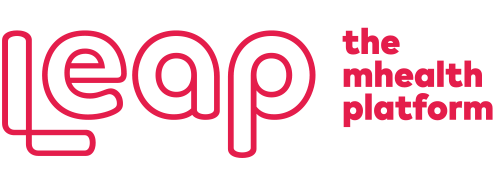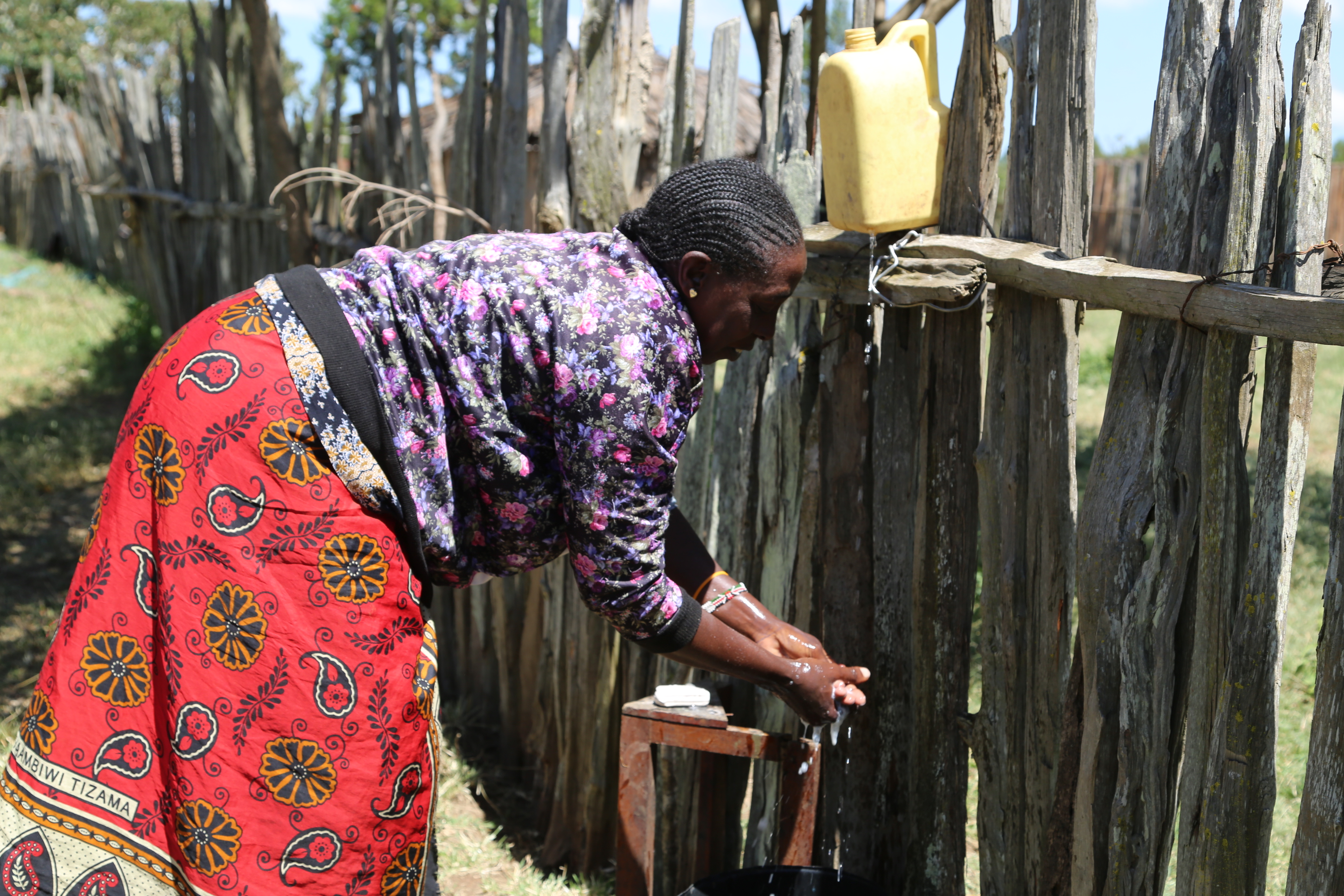
Our lives have changed!
Esther Loloiboni is a community member living in Loruko village, Loosuk Community Unit (CU), Samburu County. She lives in a community characterized by low uptake of health seeking behaviors and high incidence of communicable diseases such as diarrhea and Malaria, due to limited knowledge on health matters. Since formation of Loosuk CU, she has seen regular visits by Simon Loloiboni, a Community Health Worker (CHW) tasked with helping twenty-five households take charge of their health. Her household has benefitted greatly from health education provided by Simon.
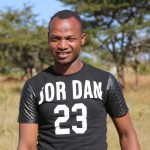
CHW Simon Loloiboni
“Our ‘doctor’ visits us regularly and advises us on various health issues,” says Esther. Following Simon’s advice and working together with him, Esther mobilised her household members and her neighbours to build a latrine, put up a leaky tin near the latrine and construct a dish rack for drying utensils. She also shifted the animal shed, a distance away from the homestead. “We are very grateful for the health education that has changed our lives. Nowadays we are free of such diseases related to poor hygiene!” says Esther joyfully.
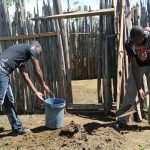
Simon helping a community member gather manure for the community member’s vegetable garden
Simon also advised Esther on venturing into entrepreneurship using the resources at hand. This made her start a small vegetable garden, comprising of kale, spinach and onions, for subsistence use. Interestingly, she has been able to tap rain water and store it well for use during the dry spells. She further uses the animal wastes as manure. If this venture proves successful, Esther aims to expand it for commercial purposes. “I can’t compare life now and there before; our lives have truly changed for the better. I am now informing my neighbours about it so that they can also lead healthy lives!” concludes Esther, with a broad smile on her face.
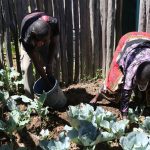
The vegetable garden
Simon Loloiboni is enrolled on Leap the mHealth platform, which enables him access continuous training on health issues affecting his community, get access to job aids and decision trees which he uses as he visits the
households, discuss issues with his fellow CHWs through group chat and
have direct access to his supervisors.
